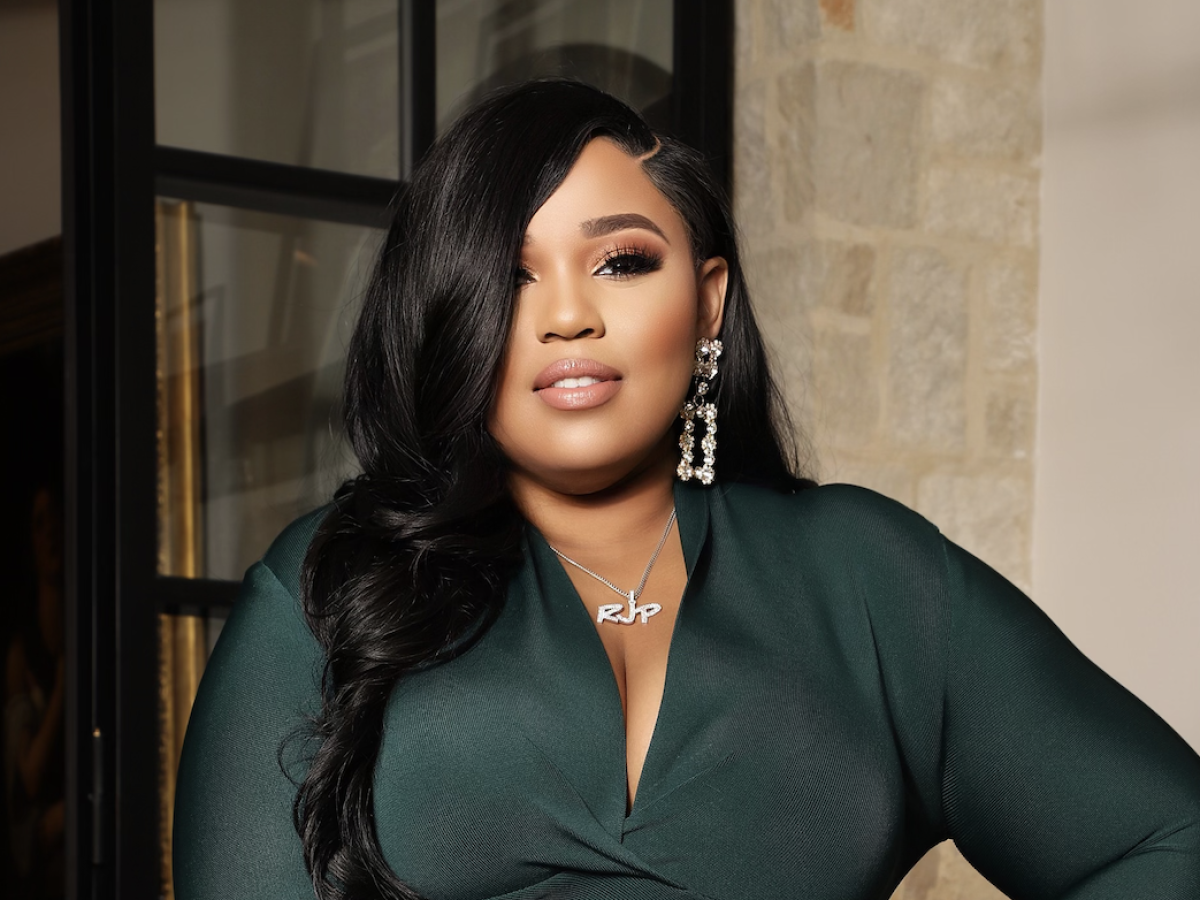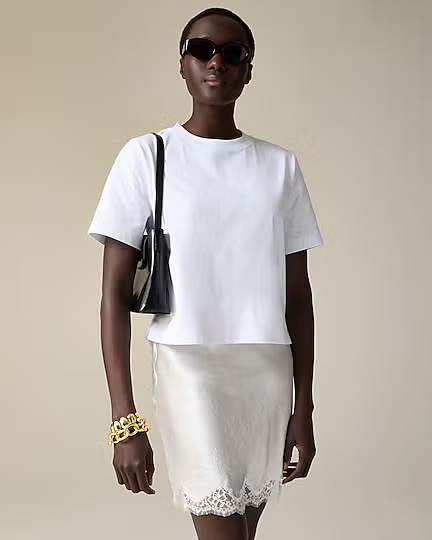
Black women are valuable, but rarely are we valued.
Despite our massive social, political, and economic contributions, the data across landscapes reflect the same trend; Black women continue to be the most neglected, disrespected, and unprotected group in the social sphere. Sick and tired of being held hostage to the strong Black woman trope, an increasing number are opting out of systems that begrudge their presence while commodifying their work. Some are embracing “the soft life,” while others are quitting their jobs and hedging bets on entrepreneurship. More Black women than ever are throwing their hats into the political arena, hoping to make the changes they wish to see in their world. In addition, many young Black women are taking their enrollment dollars to HBCUs.
As more Black women choose to spend their labor, time, and resources in spaces where they feel valued, a new Black women-powered economy has emerged—An economy to which Rosezena J. Pierce is a contributor and beneficiary. As founder and CEO of R.J. Pierce Law Group, Pierce adds to the growing number of Black women forgoing the corporate route to explore their own entrepreneurial paths. Likewise, as a Trademark attorney helping clients protect their businesses, logos, and brand names, Pierce benefits from a client base primarily composed of Black women business owners. It’s a symbiotic relationship where both parties are valued.
“It’s extremely important to me that I protect the brands my clients have worked so hard to build,” Pierce told ESSENCE. The west-side Chicago native knows something about building and hard work. After graduating from the University of Illinois Chicago School of Law, the mother of three passed the bar exam on her first try. She then launched a boutique firm now ranked among the top 50 out of 28,000 trademark firms in the country, and created a multi-million-dollar brand along the way. To date, Pierce’s minority-staffed Chicago-based firm has filed over 3,500 trademarks and coached some of the world’s most successful startups, small businesses, and celebrity brands— including Angela Simmons, Twista, and Sierra Gates.
But, the entrepreneur, known across socials as The Biz Lawyer, says she never would have made it without a support base of Black women undergirding her every step. “In my last semester of law school, I was pregnant at the time, I ran across another black woman who also had kids. And she gave me some really good advice. She said, “Look, in order to pass the bar exam, you’re going to have to eat, sleep, and live the bar. And you’re going to have to put everything else to the side.’ And I was like, okay, I gotta do what I gotta do,” Pierce recalls.
Studying from sunup to sundown left little room for quality time with her children, a reality that would begin to take a toll. “I had lots of guilt, just so much guilt at that time. And I told my mom, ‘I’m such a terrible person that I could spend 16 hours a day away from my newborn baby,” Pierce recalls. “But I’ll always remember her response. My mom said, ‘Do you remember what you were doing when you were five months old? How about when you were three? How about five?'” Pierce held her response to the questions she knew to be rhetorical. “That’s right,” her mom answered, “and this baby won’t remember either.” Misty-eyed in her retelling of the story, Pierce recalls, “My mom told me, ‘you go and take that test, and you pass that test. Don’t worry about these kids. I got these kids.”
With the help of her Black women tribe of mentors, relatives, and contemporaries, who sprang up with encouragement and support along the way, Pierce was able to pass the bar exam on her first try. And in doing so, provide a more comfortable life for her family. It’s with this communal approach that Pierce runs her firm. Today, when she encounters clients whose experiences mirror her own, she understands at a gut level, what they’re facing. That empathy makes their success her own.
ESSENCE spoke with the Trademark attorney about her passion for helping women thrive and why often the make or break between success and failure for Black women entrepreneurs hinges on feeling seen.
The Power of Seeing and Feeling Seen.
Black women are the fastest-growing demographic of entrepreneurs in the US but are given the least access to capital. Black women are a significant and influential voting bloc, casting ballots at higher rates than any other race or gender. Still, the candidates they elect often ignore their most pressing political and social interests. Black women have the highest college enrollment rates, earning bachelor’s degrees faster than any other demographic. Yet, their earning and career advancement opportunities do not reflect that fact. A report by LeanIn.Org and McKinsey & Company found that while women of all races and ethnicities face challenges in the workplace, Black women in corporate America face barriers their White and Asian counterparts don’t. Black women leaders are more likely to be subjected to microaggressions, demeaning behavior, and having their competence called into question.
Pierce, like most Black women, doesn’t need data to understand the struggle. It’s why she decided to start her own business instead of going the corporate route. “I knew that to be true to myself, I couldn’t go work for those big law firms or corporations. For one, I knew, as demanding as the time was for the bar exam, those kinds of work environments were going to put the same kind of demands on my time,” she said. “I was willing to make that sacrifice to push through law school, but I wasn’t about to make a lifestyle of always being away from my family.” Pierce also saw how harsh corporate America could be on Black women. “I only knew one Black woman who was thriving in those environments, operating in big law. And I had worked in corporations even before going to law school, so I just knew what that felt like,” she said.






People know when they’re seen. They can sense when they’re valued. When consulting legal counsel in the vulnerable first stages of brand building, being seen and valued impacts business outcomes. Pierce does more for her clients than simply filing Trademarks and checking necessary legal boxes. She and her staff coach their clients and help them recognize untapped potential and streams of business revenue they may not have considered. It’s the motivation behind Pierce’s mission to “educate and edify the culture” by helping her clients to understand and monetize the value of their artistry and business. “I’m here to support and protect my clients. And hopefully help create the next generation of Black women millionaires,” the Trademark lawyer said.
For Pierce, uplifting Black women is the best part of the job. Her practice is merely a means to that end. It’s precisely this kind of nurturing and care that continues to fuel the growing Black women economy.









